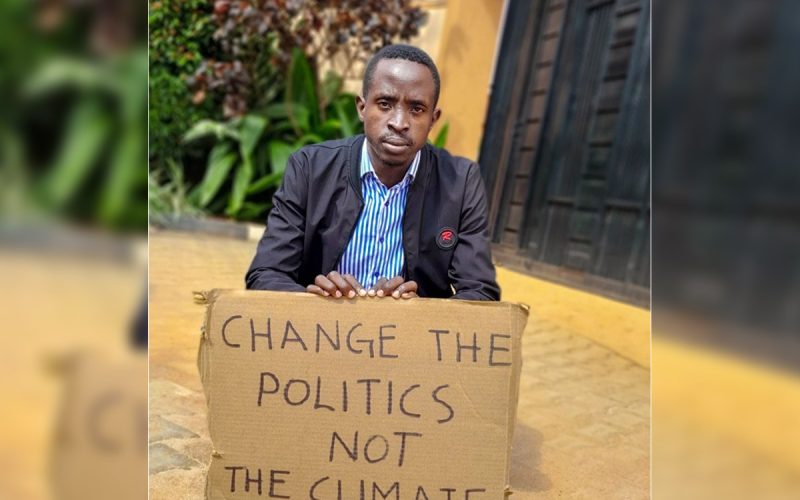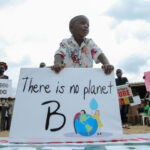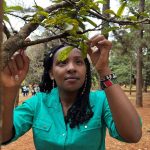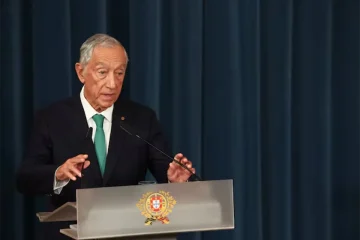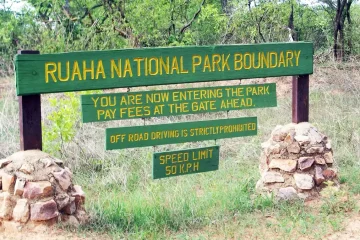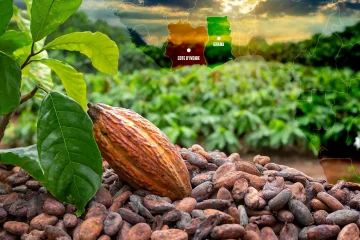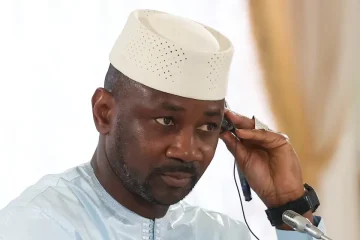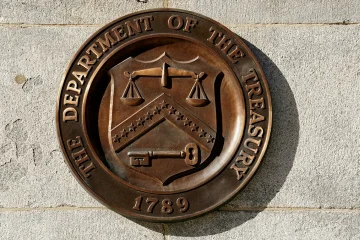BIRD STORY AGENCY
WHEN 27-year-old Joshua Omunuk joined the Rise Up Movement, a platform founded by Vanessa Nakate to elevate the voices of African climate activists, he didn’t know this decision would lead him to quit his job as a financial planner.
“I had to choose between my job and climate activism because they were both competing for my time. I chose activism because I cannot compare the value of standing up for my people to anything else,” he noted.
Coming from Teso, eastern Uganda, Omunuk cleared tertiary school in 2019 and realised he was among the most privileged in his home region. Many of his peers had dropped out of school and were doing menial jobs around the village since their parents could not afford to educate them.
In a region heavily dependent on cash crop farming, severe drought disrupted the community’s primary source of income and livelihood.
“I was lucky my parents had an alternative job otherwise, I would also have suffered the same fate,” he explained.
Omunuk then started learning about climate change and climate justice. When he saw Vanessa Nakate’s activism messages, this resonated with him, and he decided to join the Rise up Movement, quitting his full-time job soon after.
The Rise up Movement exposed Joshua to local and international activism, enabling him to impact youth in his community by sharing information on ways to boost climate adaptation and resilience.

One of the major issues Joshua speaks against is fossil fuel project funding, many of which are Europe-based. In February, the movement launched an offensive targeting financial institutions funding fossil fuel projects in the continent.
The campaign, dubbed ‘Fossil banks no thanks,’ attracted significant global attention prompting German-based investment financier Deutsche Bank’s Chief Executive to invite them for a meeting.
“For the first time, we got the opportunity to face an individual institution that we think is part of the problem, and we explained to him why they needed to filter out some clients,” he said.
This experience reaffirmed to Joshua the potential of activism in creating change in his society.
“If I could talk to the top management of this prestigious bank and tell them my mind, then surely it means there is potential in spreading the responsibility message. No one is too small to make a difference. I cannot do much in Teso like availing foodstuff to them, but by telling their story and tracing the defaulters exacerbating their woes, then I will have done my bit,” he added.
He takes pride in working with a community of activists together with whom they have created a network in 11 countries in Africa.
Joshua was part of the youth delegation negotiating for climate financing in COP 26. He anticipates scaling the discussion further when he attends COP 27.
“People in Teso, Karamoja, arid Kenya and many parts across Africa are dying because of the ills committed by the big corporations in Europe. Therefore, they should compensate us financially.”

